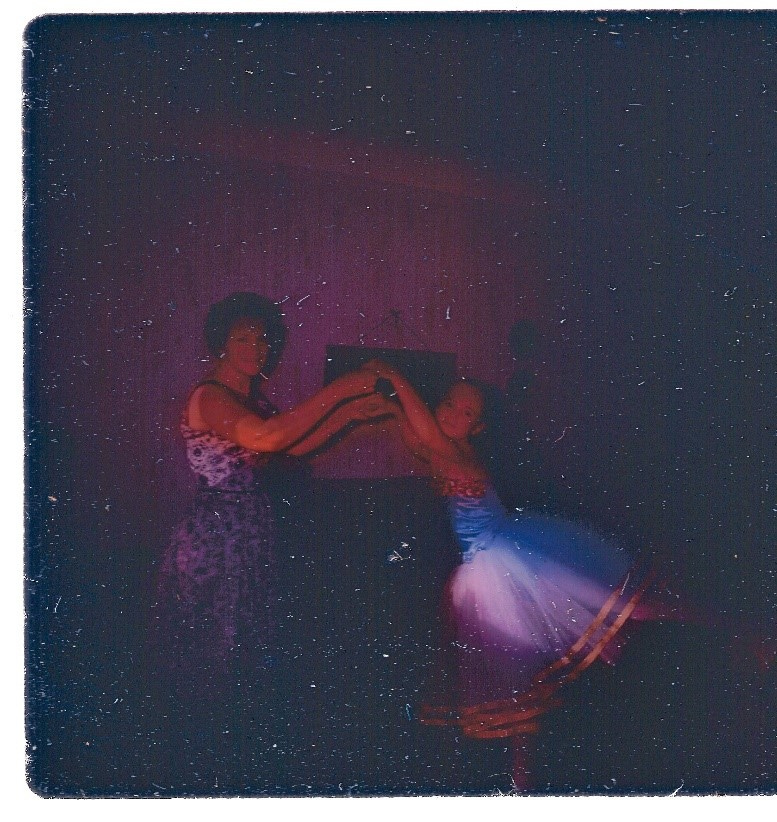“When the dead cannot reply we find, occasionally, that we can speak to them; when we know there can be no answers we can ask our questions. Indeed, death often reveals most shockingly not only whether people have mattered to us, and the unexpected ways in which they did and didn’t, but also how we shied away from them, how we kept to ourselves.
“We are always more puzzled than we want to be by things left unsaid, by inclinations unnoticed. And in this sense, the dead leave us stranded with our potential as it once was, intact. It would be terrible if we could be reminded of what we wanted only when we could no longer have it. But the dead can answer us only in our own words.”[1]

I am thinking about a lineage of mothers.
My mother, her mother, the mothers before them.
I am thinking about mothers and the idea (via Phillips) that we sometimes guard against those who are present, alive, closest to us. I remember that I held my mother’s hand, danced with her, then slipped away. I am wondering how often I hid from my mother, quietly invalidated her, and more openly resisted her during those necessary passages of childhood and the search for self. I am wondering about the gains and losses, for we humans are - as Phillips notes elsewhere - “the animals that hide from themselves.”[2] In hiding from her, what did I uncover and set free in myself, but what too, did I bury more deeply? No, our passages to self are not easy or simple. We get through them but may be haunted by them even as we grow old and those key players, fiercely loved and fiercely resisted in the drama of childhood, have gone.
“It is as though there is a design flaw in the human animal; our childhood is more than our development can cope with. We are all in recovery from having been children.”[3]
Then, borrowing again from Phillips, there are the unasked questions when it is too late for answers, and things left unsaid not only by me but by her. I am wondering what my mother might say to me now. I am wondering if she wondered about her mother in the same way. And back and back in time. That lineage. I hear her talk and recover odd words here and there, words she liked to use. Old midwestern expressions she carried. At times, I catch the music of her voice in my speaking or singing voice, as though she had slipped inside me to hoodwink death.
But I don’t know what she would say now, when death has won. When the safety of death frees us to commune differently. What might she wish me to know about her life? What might she wish to say about mine? What would she say to me on those days of late summer when I am lost?
“But the dead can answer us only in our own words… that too is an experience in life.”[4]
And just maybe, it is a mother’s last gift to us. Our own words.
[1] Adam Phillips, Side Effects, Hamish Hamilton & Penguin Books, 2006.
[2] Ibid.
[3] Ibid.
[4] Ibid.




As ever, very beautiful writing and so astutely observed, the nature of these ‘push me pull you’ relationships, that continue pushing and pulling, long after they have departed.